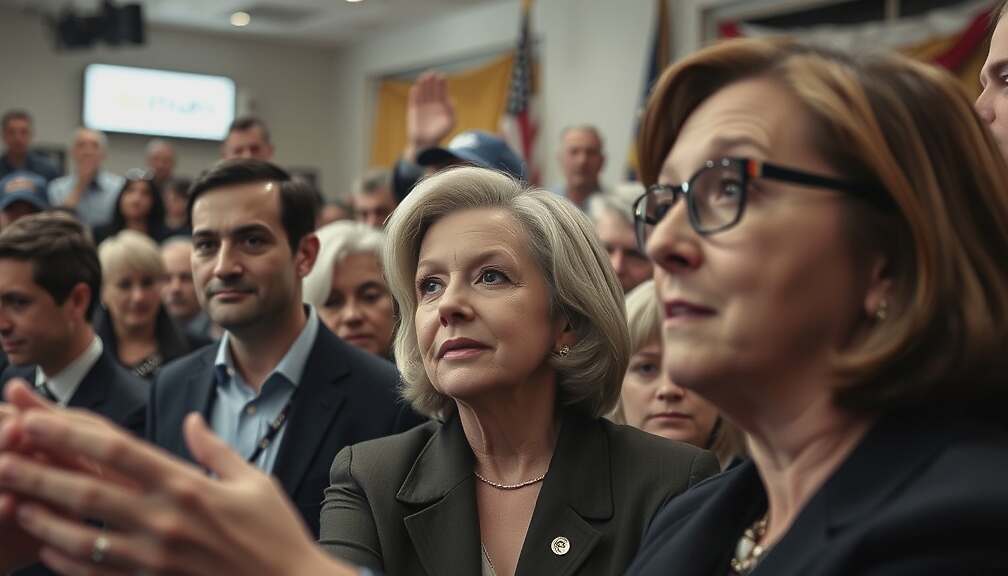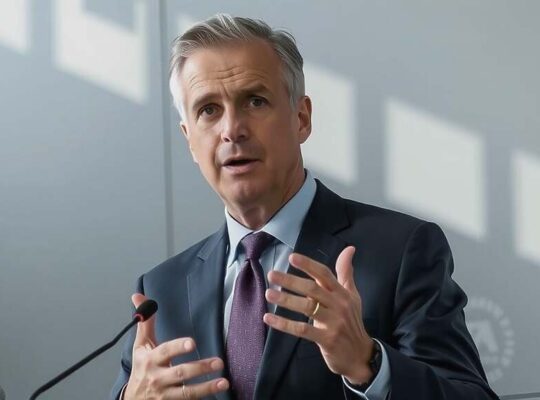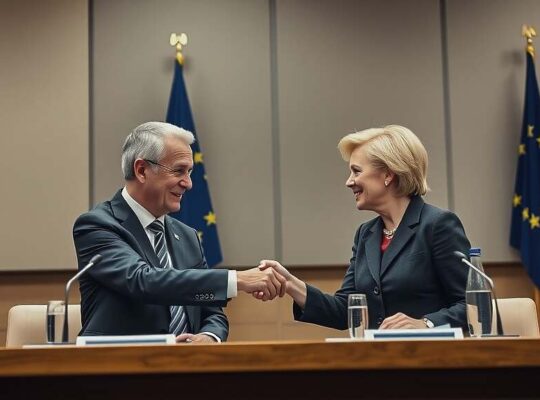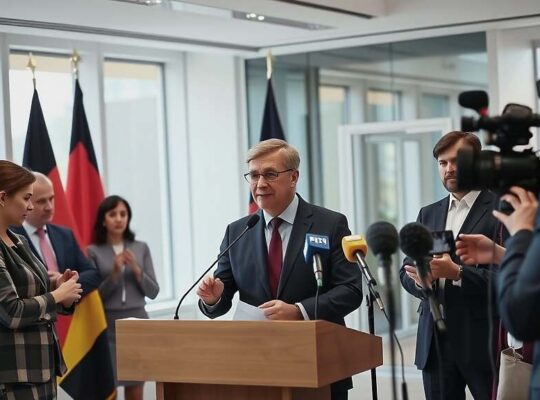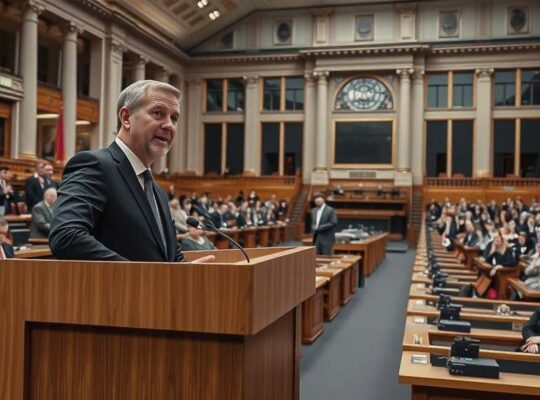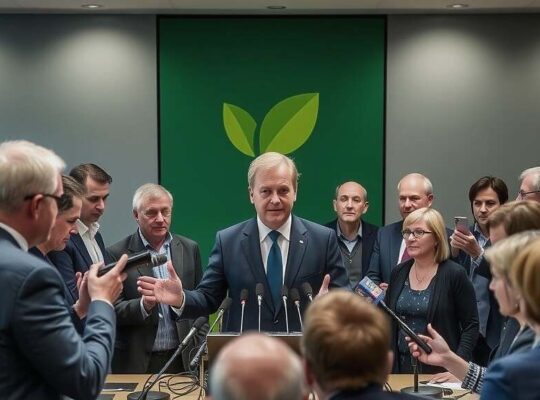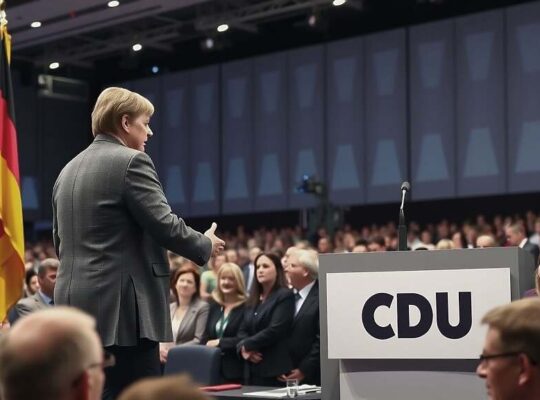Sahra Wagenknecht, the prominent figure and co-founder of the German political party “Die Bewegungen Jetzt – Sahra Wagenknecht” (BSW), has announced her departure from the party’s leadership, a move signaling a potential shift in strategy and raising questions about the party’s future direction. In a statement delivered in Berlin on Monday, Wagenknecht confirmed she will not seek re-election as party chairwoman at the upcoming federal party conference in Magdeburg this December.
While stepping down from the formal leadership role, Wagenknecht emphasized her continued commitment to BSW, stating she intends to remain “in a leading position” and will actively support the party’s trajectory, particularly during upcoming electoral campaigns. This declaration aims to quell anxieties among some BSW members concerned about a power vacuum and potential fragmentation following her exit.
Fabio De Masi, a rising star within the BSW, has been nominated as Wagenknecht’s successor as party chairwoman, alongside Amira Mohamed Ali’s continued role as co-leader. Crucially, Wagenknecht intends to establish and chair a “Core Values Commission” within the party, ensuring her enduring influence and a continued focus on the ideological principles she championed. This arrangement allows her to maintain a significant voice, potentially shaping policy and controlling the narrative surrounding the party’s core beliefs.
Furthermore, a change in the party’s administrative leadership is also planned. Christian Leye, the current general secretary, will transition to the role of deputy party chairman within an expanded executive committee. This restructuring may be viewed as an effort to streamline party operations and consolidate power within a new leadership structure.
Political analysts suggest Wagenknecht’s decision, while seemingly a step back, could be a calculated move. Having successfully positioned BSW as a significant force in the German political landscape, attracting voters disillusioned with traditional parties, she might be seeking to foster a more stable and sustainable party structure for the long term, mitigating some of the scrutiny previously directed toward her personal leadership. However, questions remain about whether De Masi and Mohamed Ali can effectively guide the party without Wagenknecht’s distinct brand and rhetorical force and whether this reshuffle ultimately represents a genuine evolution or a strategic maneuver to maintain control from behind the scenes.


